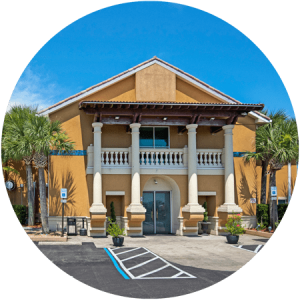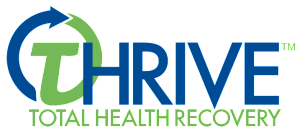Disruptions in sleep cycles can be displayed long after a person stops drinking.
According to researchers from the Boston University School of Medicine (BUSM), people with alcohol abuse disorders can suffer from disrupted sleep while they are actively drinking, during withdrawals and even afterward when they abstain from alcohol use.
Subimal Datta, PhD, professor of psychiatry and neurology at Boston University School of Medicine, said that the study indicates chronic alcohol abuse causes long-term negative effects on sleep. “Sleep-wake disturbances can last for months, even years after someone stops drinking,” Datta said.
The BUSM researchers say that chronic alcohol use causes the sleep disturbances because cells in the area of the brain that regulates sleep are affected by prolonged exposure to alcohol. Normal sleep cycles are disrupted due to over-activity of brain chemicals. When exposed to prolonged alcohol use, the chemical that excites brain activity is increased, and at the same time, the chemical that inhibits brain cell activity is decreased, disrupting sleep.
 People who consume two or more drinks every evening experience less REM cycle sleep.
People who consume two or more drinks every evening experience less REM cycle sleep.
Twenty previously published studies on alcohol and sleep were reviewed by the BUSM researchers. They found that alcohol reduces the time to fall asleep, and may have attributed to them sleeping more soundly through the first part of the night. However, they also found that sleep disruptions increased during the second half of the night. They also found that those who had two or more drinks had a decrease in REM sleep. REM stands for Rapid Eye Movement and is generally the period of sleep where most dreams occur.
Sleep is more important than previously understood.
The CDC has labeled lack of sleep as a public health epidemic, as it can have many negative factors on a person’s life. Gulf Breeze Recovery recognizes that there is a physical component necessary to fully recovering from substance abuse.
A healthy diet, exercise and other practices can help restore better sleep patterns so that guests feel more rested. If you or someone you care about, has an ongoing history of substance use and relapse, we can help. Contact us at Gulf Breeze Recovery or call: 833.551.2356 to speak to an addiction expert to learn more about our program that has helped so many people overcome their addiction, rediscover their dreams and embrace life.
We help people not just to survive, but to THRIVE®.
About Gulf Breeze Recovery:
Gulf Breeze Recovery, unlike other treatment centers in Florida, is a non 12 step holistic drug and alcohol rehab that is changing the future of addiction treatment with their THRIVE® (Total Health Recovery) program focused on overcoming chronic relapse.
Gulf Breeze Recovery’s THRIVE® program is a non 12-step approach designed for those who are looking for a drug and alcohol treatment program to produce a different and positive result.
This non-12 step program allows you to drive beyond your addictions and promotes a new outlook on life.
We are licensed by the Florida Department of Children and Families, and our last audit scored 99.7! Also, we are gold certified by the Joint Commission.
Want to read more about Gulf Breeze Recovery’s non 12 step, holistic drug and alcohol rehab? Check out some of our latest posts:
Researchers Identify Role of Key Brain Signaling Protein in Alcohol Use Disorder
January 29, 2021
College Students Who Returned Home Due to Pandemic Drinking Less
January 29, 2021
Overdose Deaths Soar in the Midst of a Pandemic
January 27, 2021
Alcoholism Today in Seniors and Younger Generations
January 20, 2021
End Chronic Relapse and Start a New Life!
At Gulf Breeze Recovery we don’t want you to have just a great recovery, we want you to have a great life!

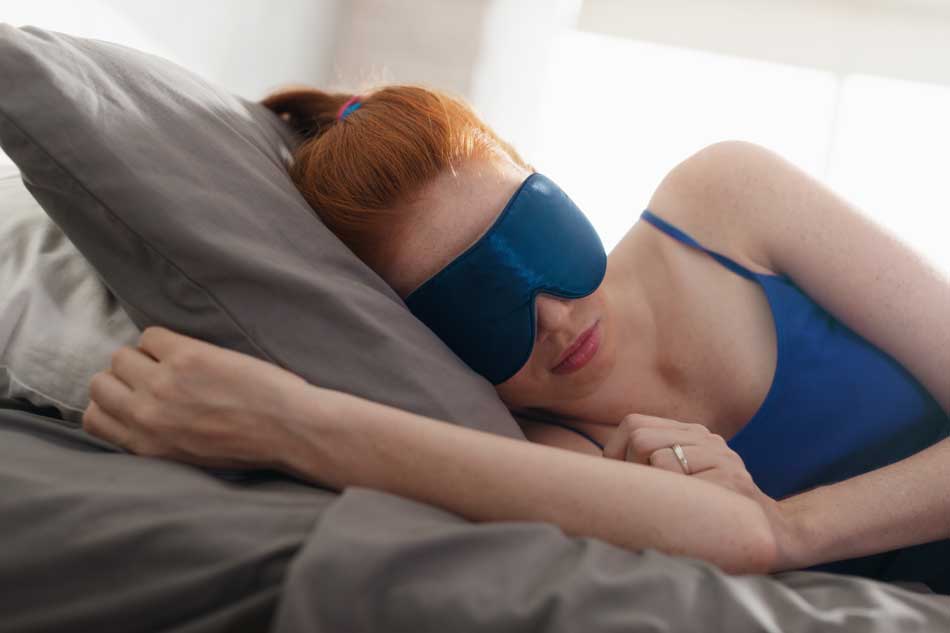
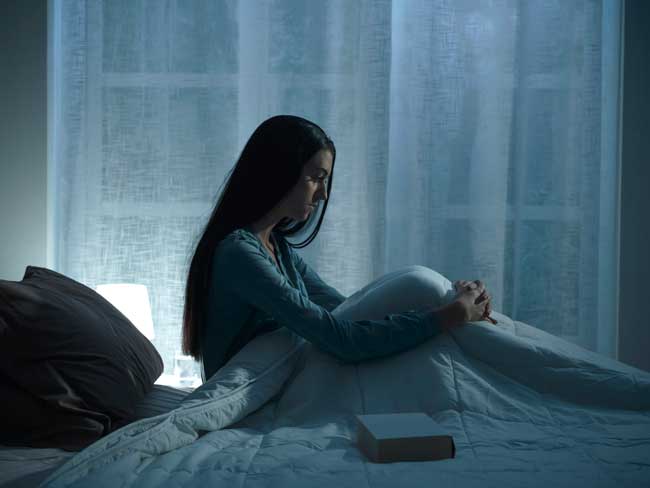
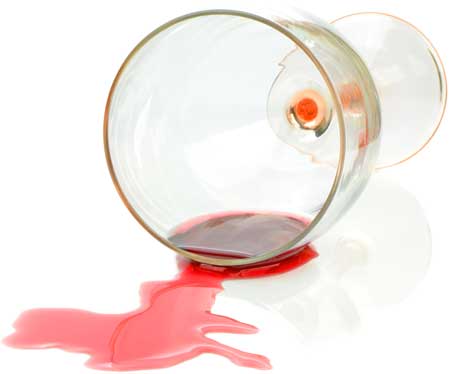 People who consume two or more drinks every evening experience less REM cycle sleep.
People who consume two or more drinks every evening experience less REM cycle sleep.